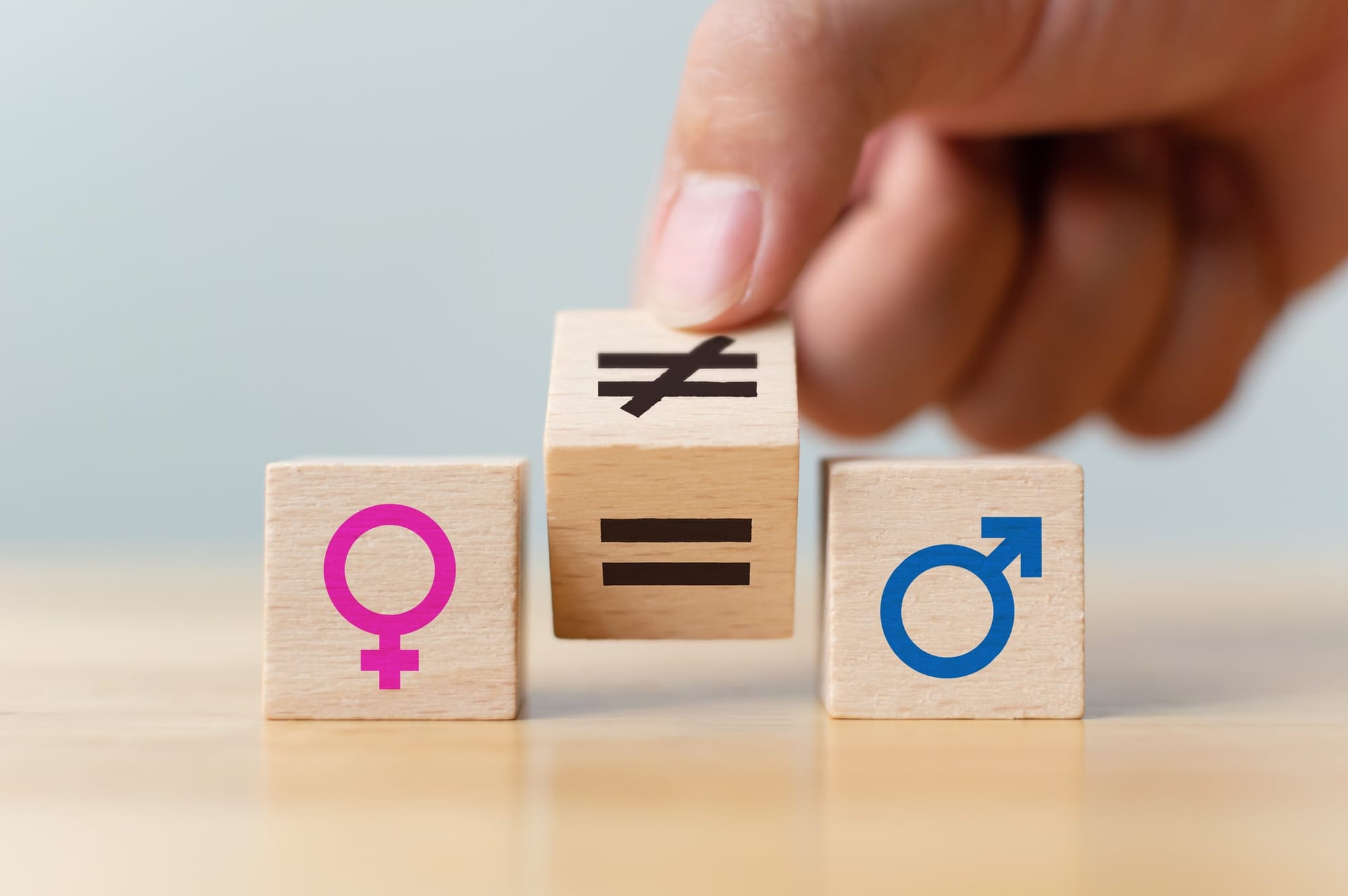
James Baldwin, the renowned American novelist, once said: “Not everything that is faced can be changed, but nothing can be changed until it is faced.”
This holds especially true for the gendered disadvantage faced by Australian women.
Here we present the findings of our Monash Centre for Health Research and Implementation (MCHRI) annual scorecard, which focuses on economic differences from a health lens.
Our report reveals that gendered disadvantage in Australia is so deeply systemic and entrenched that even a global pandemic failed to have an impact.
In fact, it’s so entrenched that it renders invisible the profound consequences of persistent high levels of psychological distress in young women; a systemic bias that leaves a generation of our young women unacknowledged and unsupported, with both immediate and intergenerational consequences.
But there’s also a glimmer of hope for genuine, transformational change.
Read more: Climbing the ranks: Australia’s gender equity breakthrough
Our annual MCHRI 2023 Women’s Health and Wellbeing Scorecard, reporting on the first pandemic year (2020-2021), presents a stark and unrelenting picture of women’s disadvantage nationally.
Women in Australia consistently earned lower incomes, were less engaged in the labour force, and had reduced superannuation.
We’ve previously highlighted that women were the first to have to rely on superannuation withdrawals during the pandemic, worsening this disadvantage.
This collective disadvantage culminated in poorer health outcomes, a staggering $55 billion loss in GDP, and a dismal 50th rank on the World Economic Forum’s Global Gender Gap Index.
During unprecedented national unrest, 110,000 people took to the streets across 40 Australian cities in the Women’s March 4 Justice. Yet, this didn’t appear to impact the social, political, and economic disadvantage of Australian women.
Key areas of disadvantage
Drawing on robust data from the Household, Income and Labour Dynamics in Australia (HILDA) and National Health Surveys, this annual MCHRI report provides a comprehensive examination of key areas where women lag behind men.
While women’s economic status remained sadly static, the report shines a light on the significant surge in psychological distress among young women aged 18 to 34.
This increase wasn’t sudden – distress levels in this group began escalating as early as 2018. Thus, the pronounced rise in 2020-21 built on an already elevated baseline.
Even though this trend in young women’s distress wasn’t unforeseen, the extent, breadth and severity are alarming.
The conspicuous lack of acknowledgment, and even more troubling, the absence of a response, echoes Baldwin’s words: “Nothing can be changed until it is faced.”
Our challenge now is to confront and work together to eliminate gendered disadvantage, including the alarming levels of distress in our young women, that has to date remained unnoticed and unaddressed.
Further, this unmooring of consequence from causality arguably perpetuates misogynistic narratives that frame women as the “weaker” sex, and isolates young women from the help and support they need and deserve.
Most importantly, we appear to be failing a generation of our young women.
Women in Iceland go on a full-day strike against gender pay gap and gendered violence.
Prime Minister Katrín Jakobsdóttir took part, did not call a cabinet meeting and said that she expected other women in the cabinet to strike.
why oh why can’t Britain get a prime minister… pic.twitter.com/wq89KCBEhd— Prof. Pragya Agarwal (@DrPragyaAgarwal) October 24, 2023
Reason to be optimistic
The recent release of a 10-year plan to unleash the full capacity and contribution of women to the Australian economy shows Australian women are pushing for immediate measures to ensure safety, recognition, and equitable economic opportunities.
This significant report from the Women’s Economic Equality Taskforce, an independent body appointed by the Minister for Women, echoes our findings that inequality is both widespread and persistent, with “economic inequality often perceived as ‘natural’ or arising from women’s personal choices”.
If implemented, these changes will reverse-engineer the economic system to amplify women’s economic gains, propelling them towards a more equitable, empowered and healthy future.
Another reason for hope, as shown in our recent article, is Australia’s commendable rise in the World Economic Forum’s Global Gender Gap Report 2023, moving from 50th rank in 2021 to an impressive 26th recently.
This progression, as we previously wrote, was not accidental, but stemmed from deliberate political policies to elevate women into positions of political influence.
In conclusion, our annual scorecard clearly reveals gendered disadvantage was so entrenched in 2020-2021 that even a global pandemic couldn’t shake its foundations.
Failure to address this leaves a generation of our young women in distress, unsupported, with adverse health impacts and ramifications both now and for future generations.
Yet, there’s hope. Targeted policies that elevate women into political power, along with the seven recommendations from the Women’s Economic Taskforce, could pivotally address and reshape gendered inequality, securing enduring advances for a brighter and healthier future for our young women.





